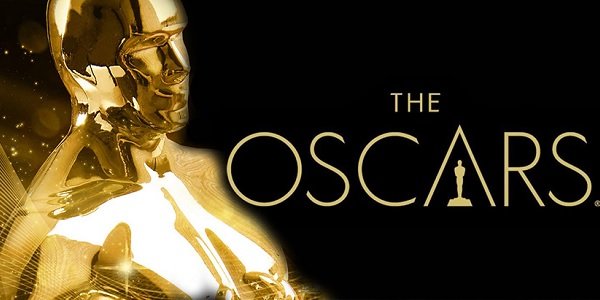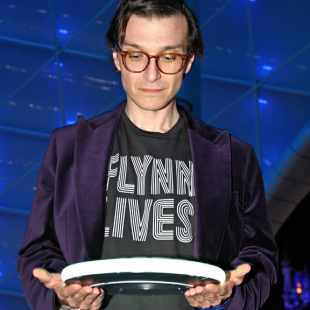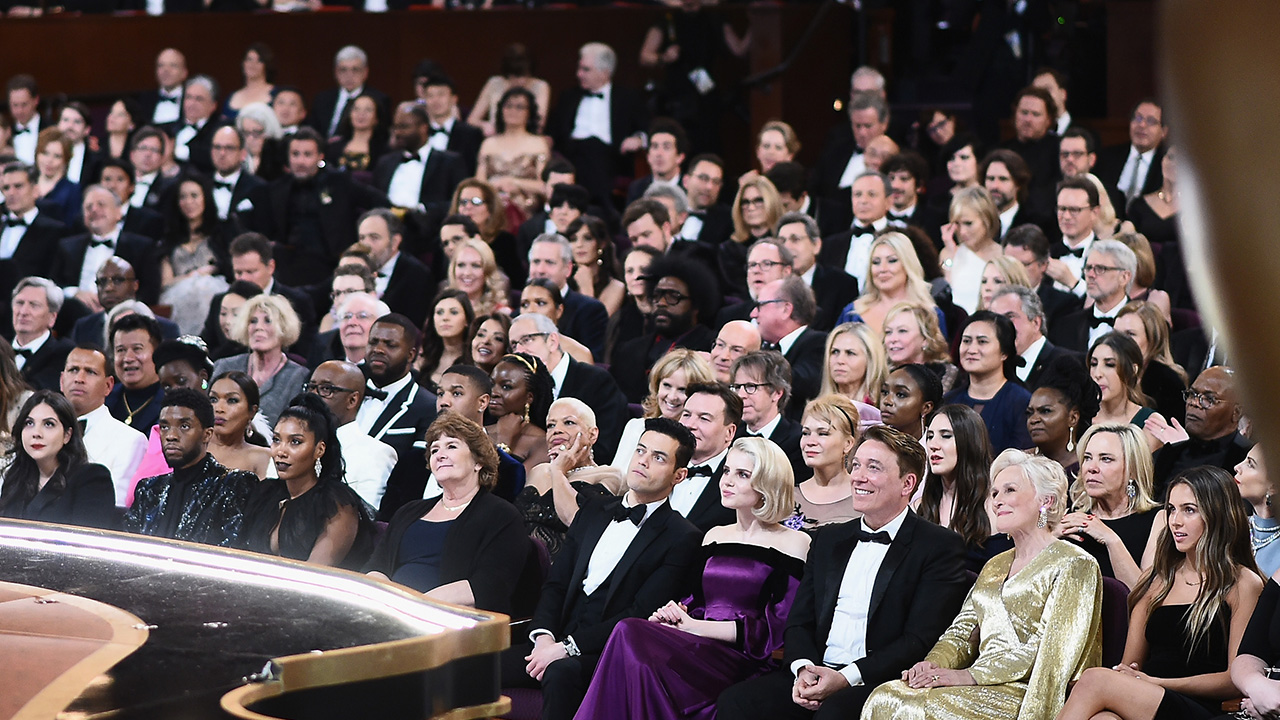Maybe Its Time For The Academy To Stop Televising The Oscars

Your Daily Blend of Entertainment News
You are now subscribed
Your newsletter sign-up was successful
It's hard to escape the fact that the Academy Awards have become somewhat of a flashpoint when it comes to public opinion and controversy. The 2019 ceremony is certainly no stranger to the trouble the Oscar show has found itself at the center of in recent memory. And, the twin debacles of Kevin Hart's resignation, as well as a rather scandalous attempt to introduce a "popular" film category, have cast a pall on the ceremony that's scheduled to be broadcast on February 24th.
With the recent announcement that the ceremony will move forward without a central host, but rather a revolving cast of luminaries presenting, the Academy Awards telecast seems to be at a low point in a rough patch that's spanned as long as recent memory can recall. The ratings continue to be less than hot, and there's the ever constant public outcry that the ceremony is out of touch. Maybe it's time for the Academy to stop televising the Oscars.
Now, there are several reasons why the Oscars shouldn't be on TV every year. The largest is the fact that, as seen in recent years, it's been hard to land a host and even harder to get a former host to return. This used to be the gig of gigs, with Bob Hope and Billy Crystal being the patron saints of taking it on. But now, you're lucky if you can find someone who even wants the job; and even if they do, they'll probably only do it once.
Even Academy Award winner / universally renowned human being Sandra Bullock can see why. According to her remarks, it's a high pressure job with a lot of moving pieces. It all boils down to three components that don't always mix on live TV: it needs to be funny, it needs to be on time, and it needs to keep the show moving. Unless you're used to that sort of pressure, you're not going to want to sign up for something of that ilk, so why keep offering a job that people aren't going to take? No Oscars telecast, no Oscars host.
But, even if you can find someone who'll sign up willingly, like Kevin Hart, or even Eddie Murphy, there's always the chance for a controversy to derail such an enterprise. While Murphy's bid to host the 2012 ceremony was ended after controversy surrounding his producing partner for that show, Brett Ratner, Hart's more recent adieu was thanks to some digging into the comedian's Twitter feed.
While the Academy is certainly no stranger to controversy, they surely don't want to court it openly with hires that turn out to be less than ideal. Not to mention, the Academy Awards on the whole have become subject to somewhat of a critical reevaluation by the vox populi. The gulf between the tastes of moviegoers and Academy members just seems to widen each year, and it's started to show... big time. Which leads to perhaps the biggest sticking point as to why the Oscars don't belong on TV in a regular capacity: the Oscars telecast just isn't as popular as it used to be.
Every year, it seems to be the same story: ratings are down, people are on Twitter clapping back at the winners, and the Academy will try to do something about it next time. What was once a social event on the calendar of every movie fan has continued to become an affair that's reduced to fans just reading the list of the winners the next day. Put struggling to find a host everyone will approve of, trying to minimize the controversy of that year's ceremony, and a public increasingly turned off by the ceremony at large, and you've got a perfect recipe for why the Oscars telecast isn't as vital as it used to be.
Your Daily Blend of Entertainment News
Ultimately, the Oscars telecast has become such a PR nightmare that the board feels like it's struggling to please the public while doing its job. However, without the pressures of a telecast in their minds, the Academy of Motion Pictures Arts and Sciences would be able to focus squarely on the task at hand: evaluating the best films of the year.
Surely, the ceremony and all the parties afterwards would still take place. This isn't a call to abolish the Oscars completely. Rather, the case being made is that the Oscars need to be special again. Maybe a couple of years off, save for some milestone anniversaries, would help the viewing public miss the Oscars enough to want to watch them again.
Not to mention, the Academy itself seems to be at a crossroads in terms of trying to be a more diversified voting body, so as to reflect our modern times. Without sinking time, attention, and money into an Oscars telecast, the Academy would be able to focus more on cleaning house and reforming itself into a more perfect awards voting board.
We've had almost 100 years worth of Oscar ceremonies, and to be running into these sorts of problems now shows the longevity of their cultural importance. It doesn't feel like the masses have cancelled the Oscars in their eyes, but rather it feels like the public really wants them to change for the better - or risk being cancelled at a later date. As the presumptive front runner of this year's Oscar race, A Star Is Born, says in one of its many powerful songs, maybe it's time to let the old ways die.
Maybe, the Oscars need to sit a couple of years out, and learn what makes it special all over again. It certainly couldn't hurt. Innovations could be made, like finally going to streaming, so the pressures of running time and network TV airspace can go by the wayside. But, with the constant yearly hustle and bustle of planning the lavish telecast, it's probably hard to make the sort of substantial changes they (and the public) want to see made.
In closing, this is not a condemnation of the Oscar ceremony, or its telecast. Rather, it's an invitation to let them take a breather to improve themselves, in the name of fairness and public outreach. It's not to late to become the Oscars of tomorrow, so long as you take the time today to make it happen.
This poll is no longer available.

Mike Reyes is the Senior Movie Contributor at CinemaBlend, though that title’s more of a guideline really. Passionate about entertainment since grade school, the movies have always held a special place in his life, which explains his current occupation. Mike graduated from Drew University with a Bachelor’s Degree in Political Science, but swore off of running for public office a long time ago. Mike's expertise ranges from James Bond to everything Alita, making for a brilliantly eclectic resume. He fights for the user.
